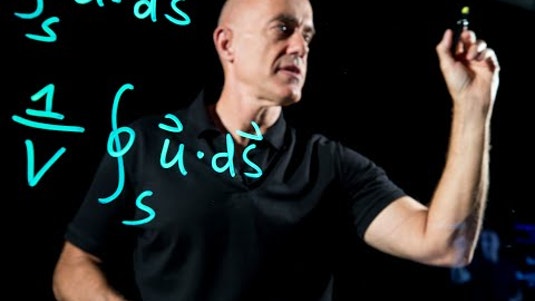Vector Calculus for Engineers free videos and free material uploaded by coursera instructor .
Vectors
A vector is a mathematical construct that has both length and direction. We will define vectors and learn how to add and subtract them, and how to multiply them using the scalar and vector products (dot and cross products). We will use vectors to learn some analytical geometry of lines and planes, and learn about the Kronecker delta and the Levi-Civita symbol to prove vector identities. The important concepts of scalar and vector fields will be introduced.
Differentiation
Scalar and vector fields can be differentiated. We define the partial derivative and derive the method of least squares as a minimization problem. We learn how to use the chain rule for a function of several variables, and derive the triple product rule used in chemical engineering. We define the gradient, divergence, curl and Laplacian. We learn some useful vector calculus identities and how to derive them using the Kronecker delta and Levi-Civita symbol. Vector identities are then used to derive the electromagnetic wave equation from Maxwell's equation in free space. Electromagnetic waves form the basis of all modern communication technologies.
Integration and Curvilinear Coordinates
Integration can be extended to functions of several variables. We learn how to perform double and triple integrals. Curvilinear coordinates, namely polar coordinates in two dimensions, and cylindrical and spherical coordinates in three dimensions, are used to simplify problems with circular, cylindrical or spherical symmetry. We learn how to write differential operators in curvilinear coordinates and how to change variables in multidimensional integrals using the Jacobian of the transformation.
Line and Surface Integrals
Scalar or vector fields can be integrated on curves or surfaces. We learn how to take the line integral of a scalar field and use line integrals to compute arc lengths. We then learn how to take line integrals of vector fields by taking the dot product of the vector field with tangent unit vectors to the curve. Consideration of the line integral of a force field results in the work-energy theorem. Next, we learn how to take the surface integral of a scalar field and compute surface areas. We then learn how to take the surface integral of a vector field by taking the dot product of the vector field with the normal unit vector to the surface. The surface integral of a velocity field is used to define the mass flux of a fluid through the surface.
Fundamental Theorems
The fundamental theorem of calculus links integration with differentiation. Here, we learn the related fundamental theorems of vector calculus. These include the gradient theorem, the divergence theorem, and Stokes' theorem. We show how these theorems are used to derive continuity equations, derive the law of conservation of energy, define the divergence and curl in coordinate-free form, and convert the integral version of Maxwell's equations into their more aesthetically pleasing differential form.
Vector Calculus for Engineers covers both basic theory and applications. In the first week we learn about scalar and vector fields, in the second week about differentiating fields, in the third week about multidimensional integration and curvilinear coordinate systems. The fourth week covers line and surface integrals, and the fifth week covers the fundamental theorems of vector calculus, including the gradient theorem, the divergence theorem and Stokes’ theorem. These theorems are needed in core engineering subjects such as Electromagnetism and Fluid Mechanics.

- 0 Reviews
- 4 Students
- 102 Courses

Write a public review